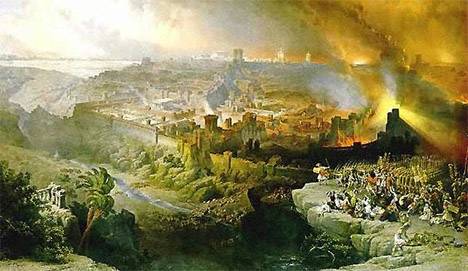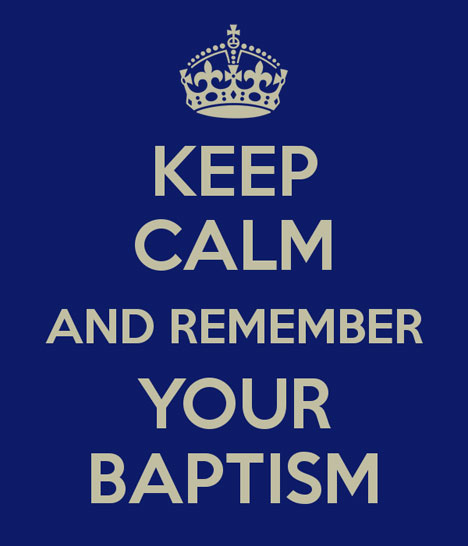Paradigm Shift

Joel McDurmon has put together a helpful list – an “Eschatological Resource Guide” – for those new to preterism and postmillennialism. He writes:
Continue reading

Joel McDurmon has put together a helpful list – an “Eschatological Resource Guide” – for those new to preterism and postmillennialism. He writes:
Continue reading

“The whole world is like a drunken peasant.
They fall off one side of the horse or the other.” – Martin Luther
“As Christians, an exhortation to ‘remember your baptism’ is a good one, but this begins with a baptism you can actually remember.”
Joel McDurmon of American Vision just wrote a post tracing back to their Arminian doctrine the deceit and manipulative tactics use by, and even marketed by, the Elevation Church to increase their baptism quota. He writes:
If “saving souls” is the main end-game of your Christian faith, and if the free will is the last hurdle of salvation, then why would you not what the help of an army of marketers, managers, assembly lines, pre-packaged directions, techniques, tools, processes, and networks of support farms and professionals who can claim “billions served”?
It’s only from the standpoint of the doctrines of grace that it makes sense to criticize these manipulative tactics. It is encouraging that some Christians seem naturally uneasy when a church like Elevation admits what it does. But Elevation is just a mote. Free will theology is the plank.
Well, my nickname is Bully and I saw red. A discussion ensued on facebook which did not end on very good terms. Of course, this is something that rarely ever happens (not). I believe what I wrote was entirely objective, and at least as gracious as Mr McDurmon’s opinion piece, however re-reading it, it was badly worded and Joel, a writer whose work and ministry I admire, took it personally. I wrote:
Joel McDurmon has an excellent rundown on the first century context of Jesus’ parables:
…The separation of wheat and tares, then, pertained to the destruction of Jerusalem and the separation of God’s true fruit-bearing people from the weeds, the unbelieving Jews of that time. Ironically, this interpretation gets to the heart of the picture in the parable.